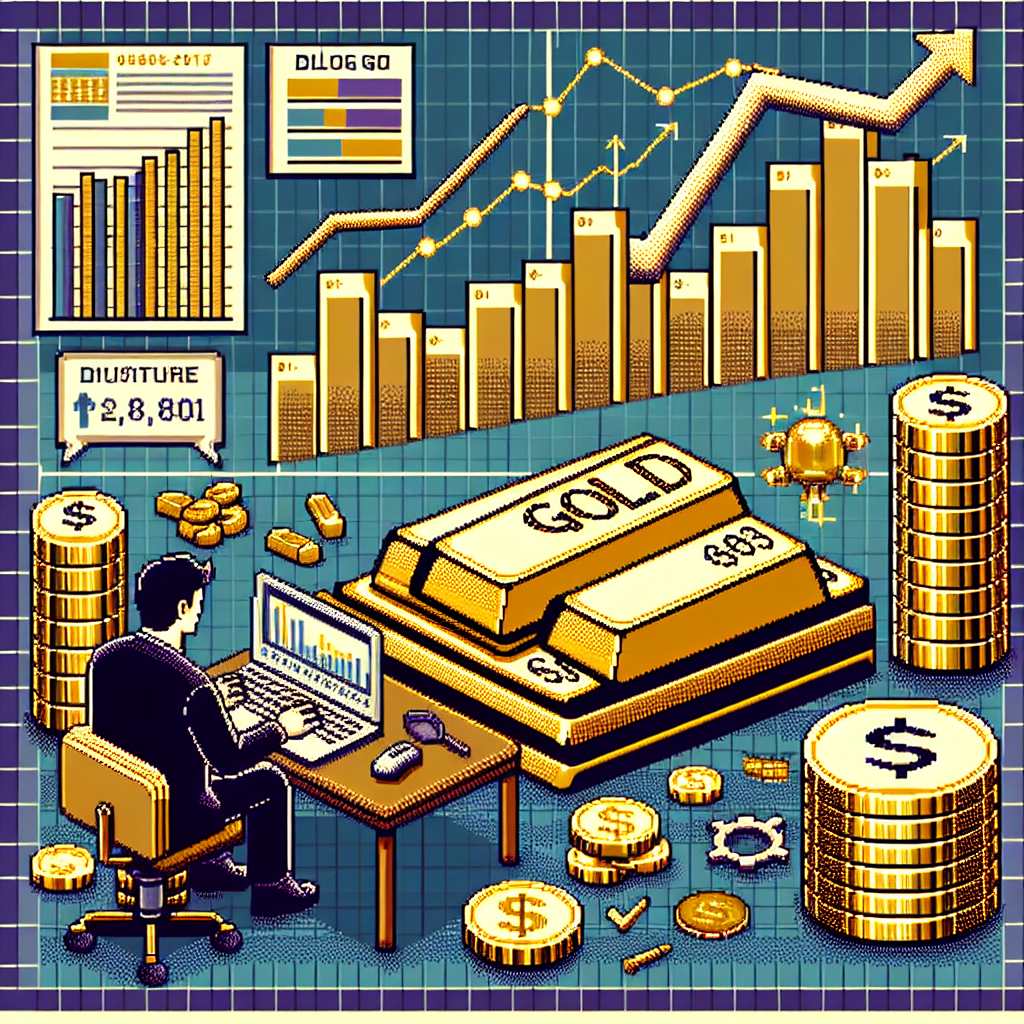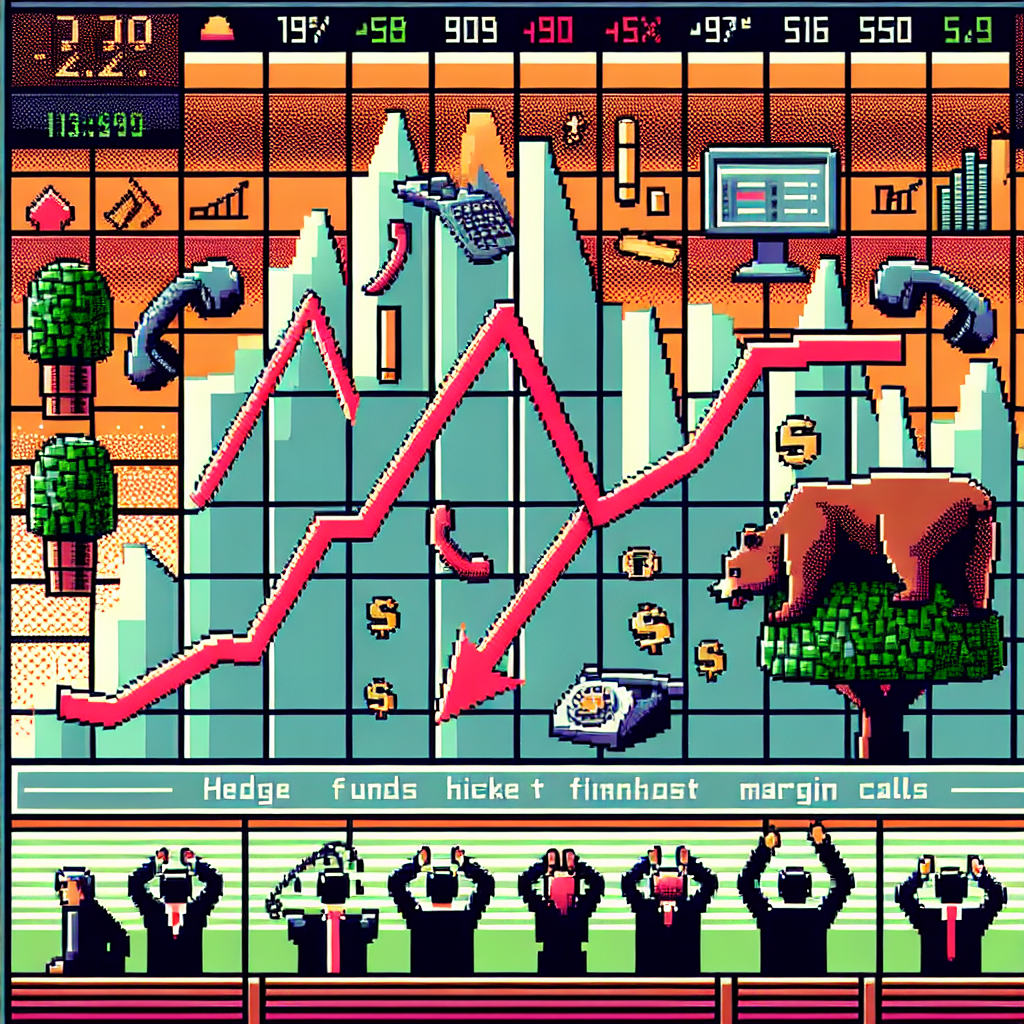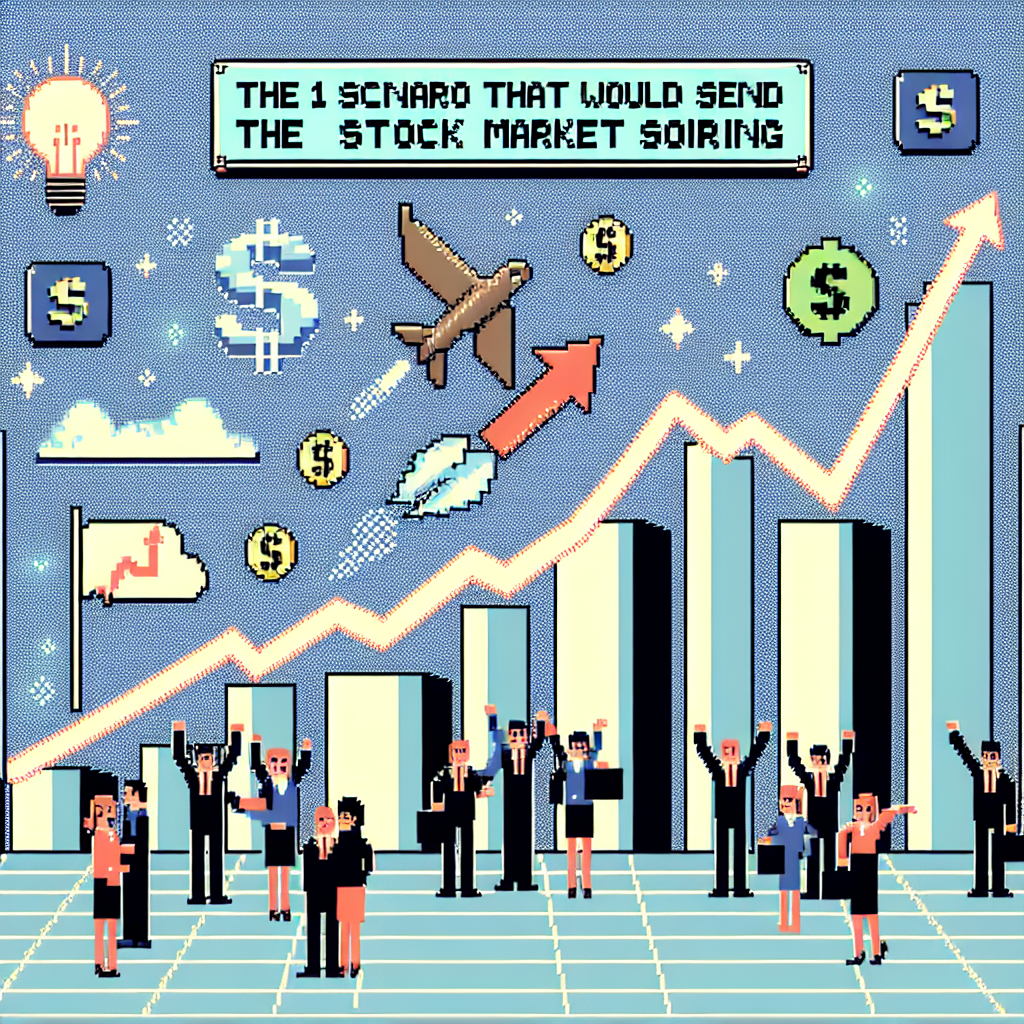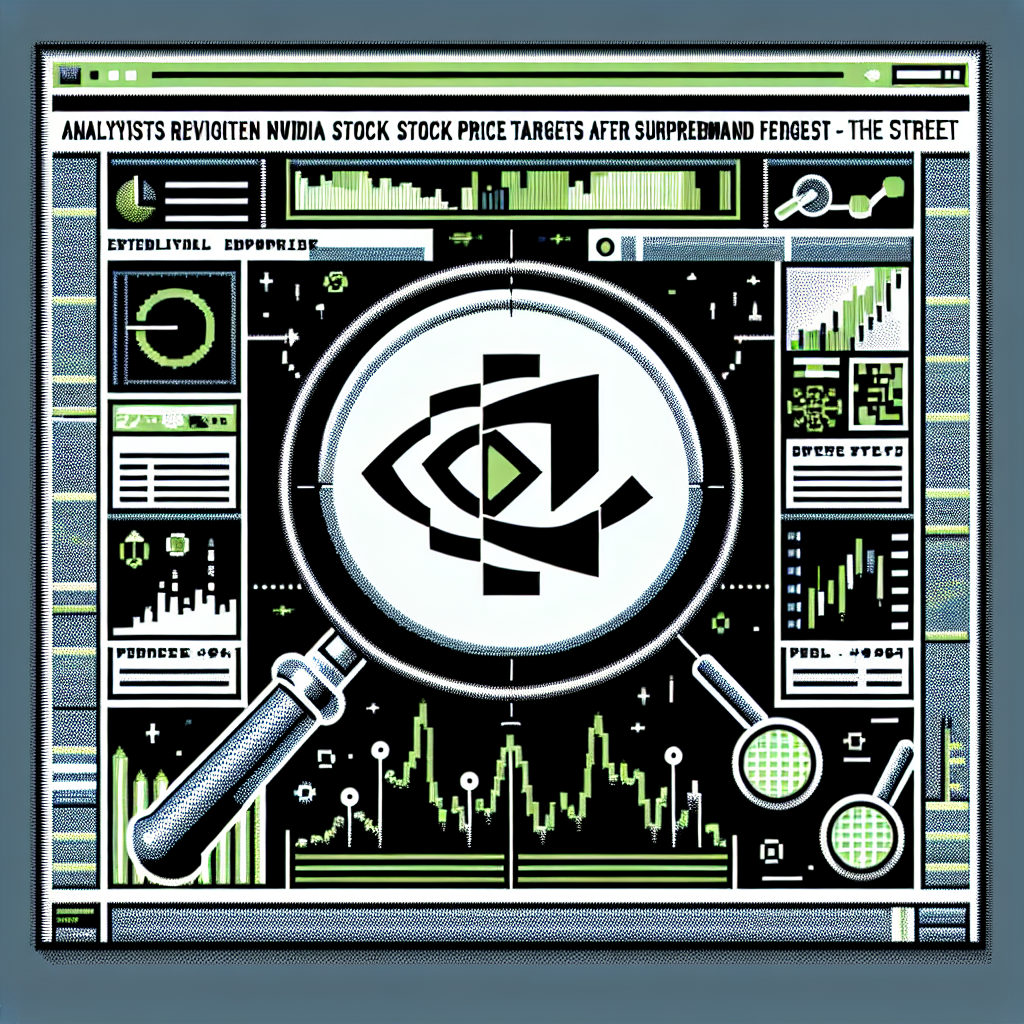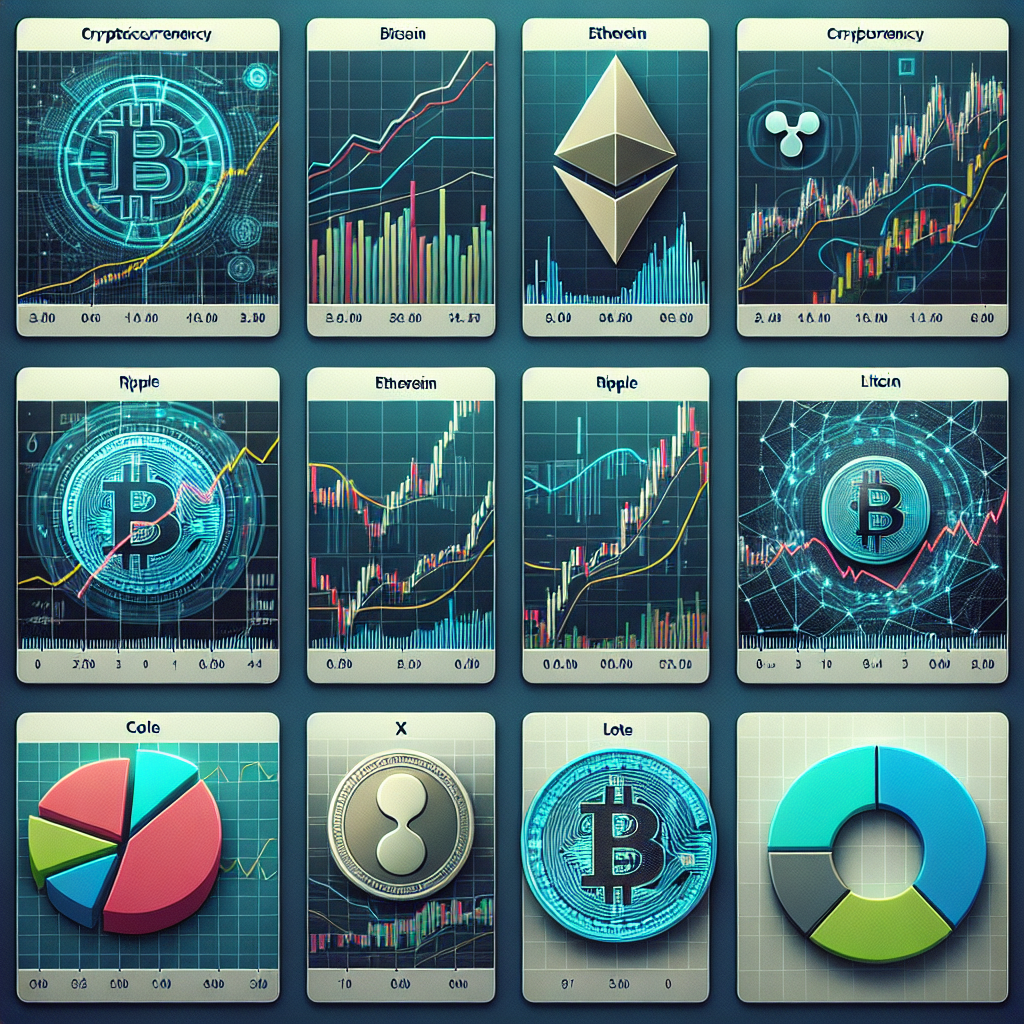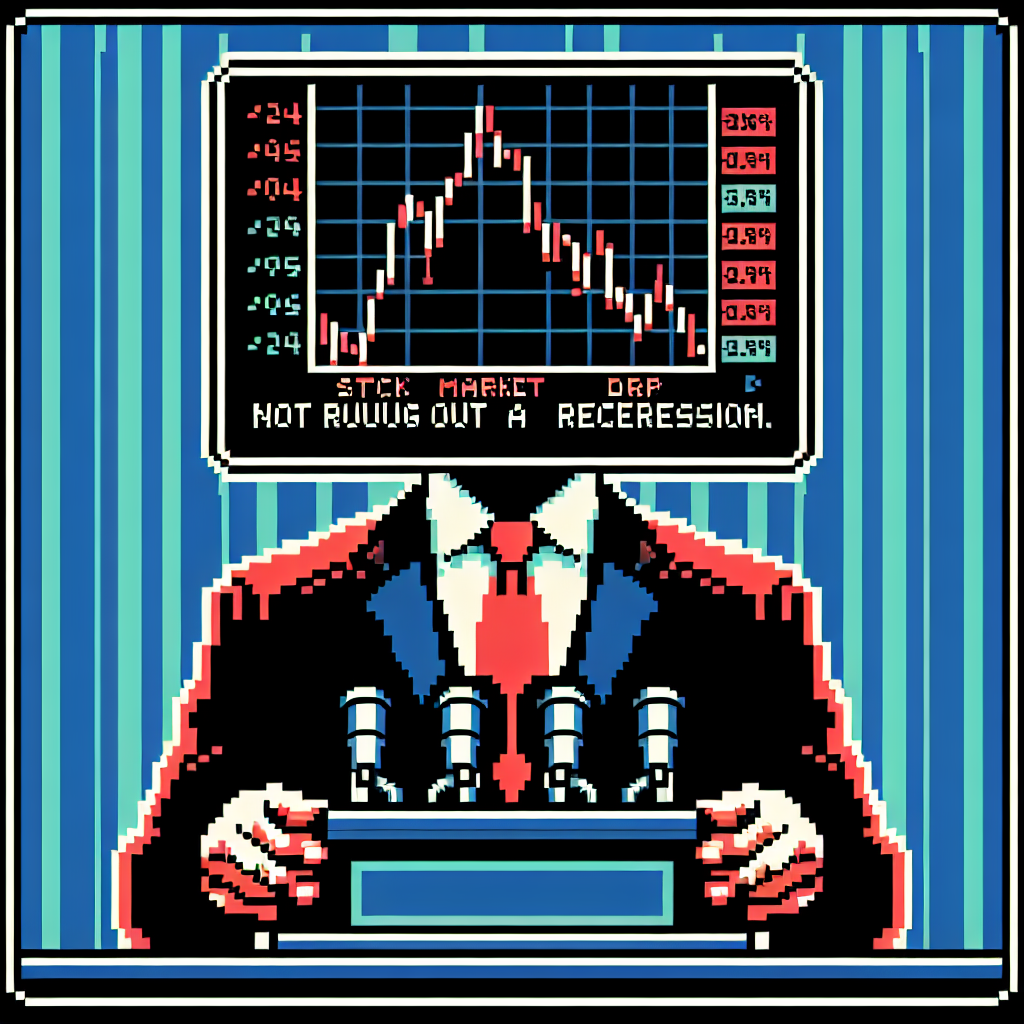Major analysts revamp gold price targets after historic rally - TheStreet | Analysis by Brian Moineau
Title: Glint of Gold: What Lies Ahead in 2025?
Ah, gold—one of the most fascinating and enduring assets in the financial world. It’s been around for millennia, symbolizing wealth, power, and sometimes a little bit of luck. Recently, gold has been glittering in the spotlight again as major analysts have revamped their price targets following a historic rally. But what's in store for this precious metal in 2025? Let’s take a look at the golden horizon with a twinkle in our eyes.
A Golden Rally: What's Happening?
In the financial world, gold often acts as a safe haven, a comforting shiny rock in tumultuous times. Over the past few years, amid global uncertainties—think trade wars, pandemics, and geopolitical tensions—investors have flocked to gold, driving its price to unprecedented highs. According to TheStreet, major analysts are now adjusting their targets to reflect this historic rally, and many are optimistic about the metal's continued ascent.
Why the Sudden Increase?
A cocktail of factors has contributed to gold's recent rally. Low-interest rates and quantitative easing policies across the globe have made traditional savings less attractive, pushing investors toward gold. The dollar's fluctuations have also played a role; typically, when the dollar weakens, gold strengthens. Additionally, there's a growing sentiment that gold is a hedge against inflation, which is increasingly on everyone's lips as economies recover and spend post-pandemic.
Connections to the Wider World
Gold's rise isn't happening in a vacuum. Consider the broader economic and political context. The global push for green energy and technology is reshaping industries and economies, potentially affecting traditional markets. For instance, the increasing demand for precious metals like lithium and copper for electric vehicles might influence investor behavior toward metals, including gold.
Moreover, geopolitical uncertainties, like the ongoing tensions in the South China Sea and trade dynamics between major powers, continue to make gold an attractive investment. As the world becomes more interconnected, the ripples of one region's instability can quickly spread, prompting a move to safer assets.
What About 2025?
So, what might we expect in 2025? While crystal balls tend to be hazy, there are a few scenarios to consider. If inflation continues to rise, driven by economic recovery and stimulus spending, gold could remain appealing as a protective asset. Technological advancements and the green transition could also alter the landscape, potentially increasing demand for gold in electronics and renewable technologies.
On the flip side, if global tensions ease and economies stabilize, we might see a shift back to equities and other riskier assets, potentially cooling gold's rally. However, given the unpredictable nature of global politics and economics, gold's role as a hedge will likely keep it in the investment conversation.
Final Thoughts
Gold's allure is timeless, and its role in the financial ecosystem continues to evolve. While predicting its exact trajectory by 2025 remains speculative, the factors influencing its price are clear and interconnected with broader global trends. Whether you're a seasoned investor or just someone who appreciates the shimmer of potential, gold will likely continue to captivate and challenge us in the years to come. Keep an eye on the gold market—it might just surprise you!
In the end, whether gold continues to rally or stabilizes, it serves as a reminder of the intricate dance between economies, politics, and human behavior. As we watch these dynamics unfold, let's not forget to appreciate the beauty of the journey—after all, life is too short not to enjoy a little glitter along the way!
Read more about AI in Business
